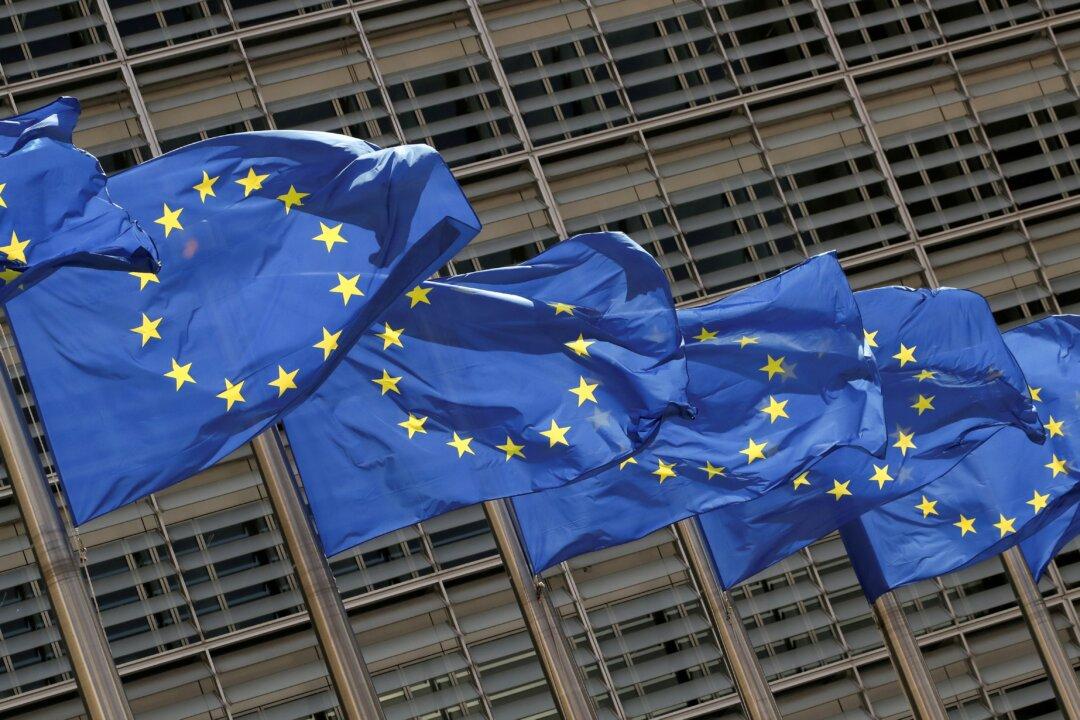In a landmark report announced on Sept. 16, the European Parliament urged the European Union (EU) to adopt a more robust strategy to engage with the communist Chinese regime to defend its vital democratic values.
The new EU strategy on China was approved by an overwhelming majority in Strasbourg, France, on Sept. 15, with 570 votes in favor, 61 against, and 40 abstentions.




